Graham Reid | | 4 min read
1981!
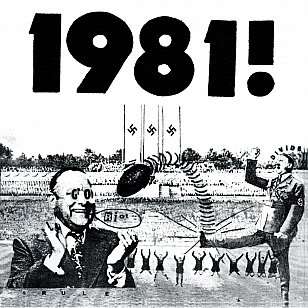
With a season of discontent looming it's understandable if many reflect back on the 1981 Springbok tour which divided the nation and families.
It was as much a cynical political ploy by prime minster Robert Muldoon as it was about racism in South Africa (and by implication in this country).
Marches were held, riots ensued and posters were printed. Decent law-abiding citizens who objected to the tour and took to the street sometimes found themselves on the wrong end of a police baton.
And they'd always thought the policeman was their friend.
The young, brown people, punks and misfits always knew otherwise and it was no coincidence that the riot in Auckland's Aotea Square three years later happened: young people not only weren't going to be pushed around by the cops but had seen in person or on television that fighting back was a response.
There wasn't much anti-tour music in 1981, it fell to Herbs with the militant Azania and the lament for the nation on One Brotherhood (which conflated land occupations with anti-tour protests) on their Whats' Be Happen album.
Azania (Soon Come)
One Brotherhood
Later in the year the Newmatics weighed in with Riot Squad but that was more about cops breaking up gigs than violent anti-tour protests.
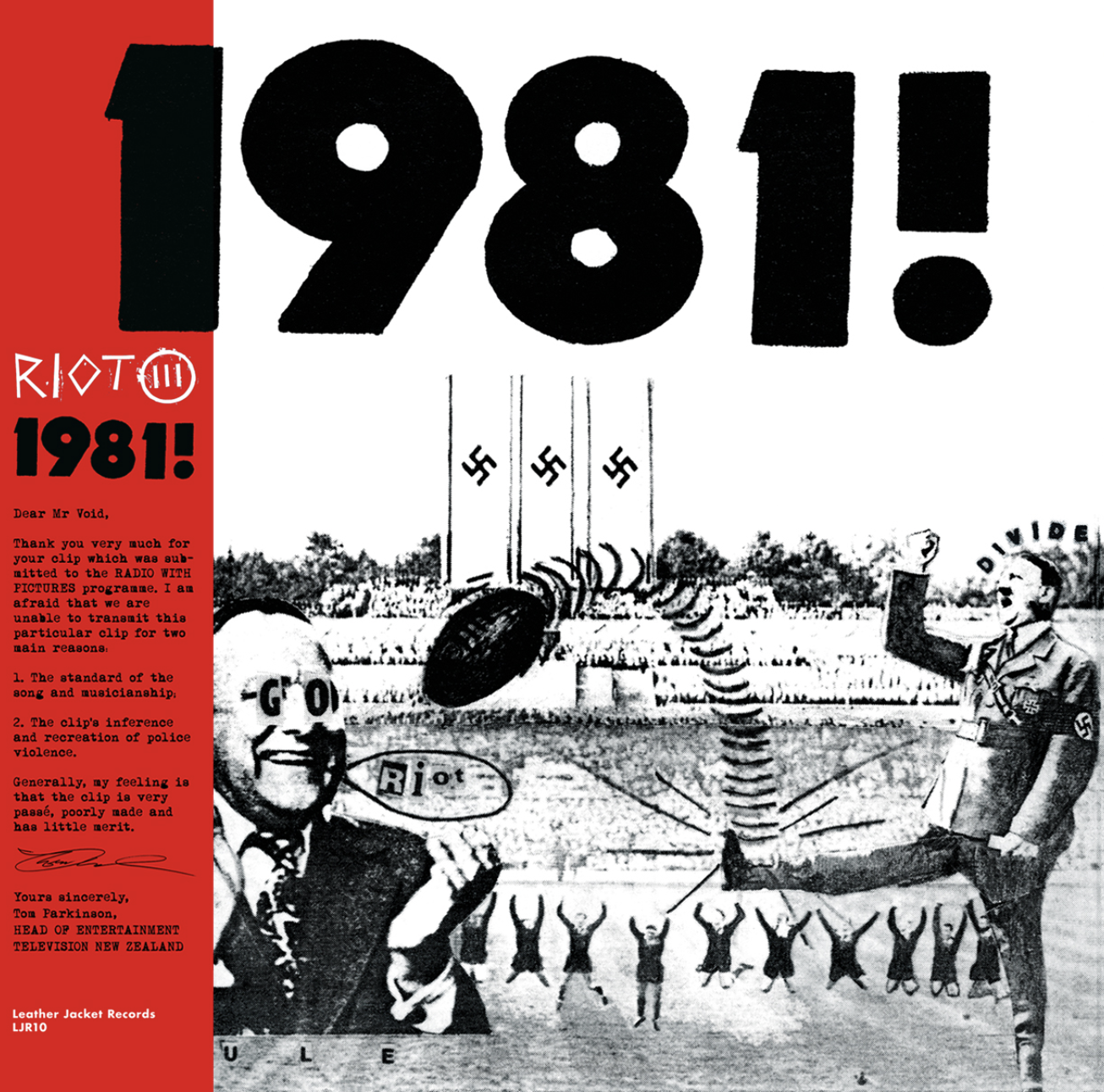 The most strident song – more of a declamatory chant – came from Wellington's anarcho-punk outfit Riot 111.
The most strident song – more of a declamatory chant – came from Wellington's anarcho-punk outfit Riot 111.
Their piece 1981! brought together the sound of marching chanting people with shouts of Amandla Ngawethu (power to the people), the famous Te Rauparaha haka and the police shouts of “Move move move” to protesters.
It is a thrilling, angry piece which builds in intensity and fury. At least one writer at the time said it was the sound of the Springbok tour on record.
Riot 111's singer Void announced themselves like this: “We're not a band, we're a terrorist organisation!”
1981! by Riot 111
And they meant it.
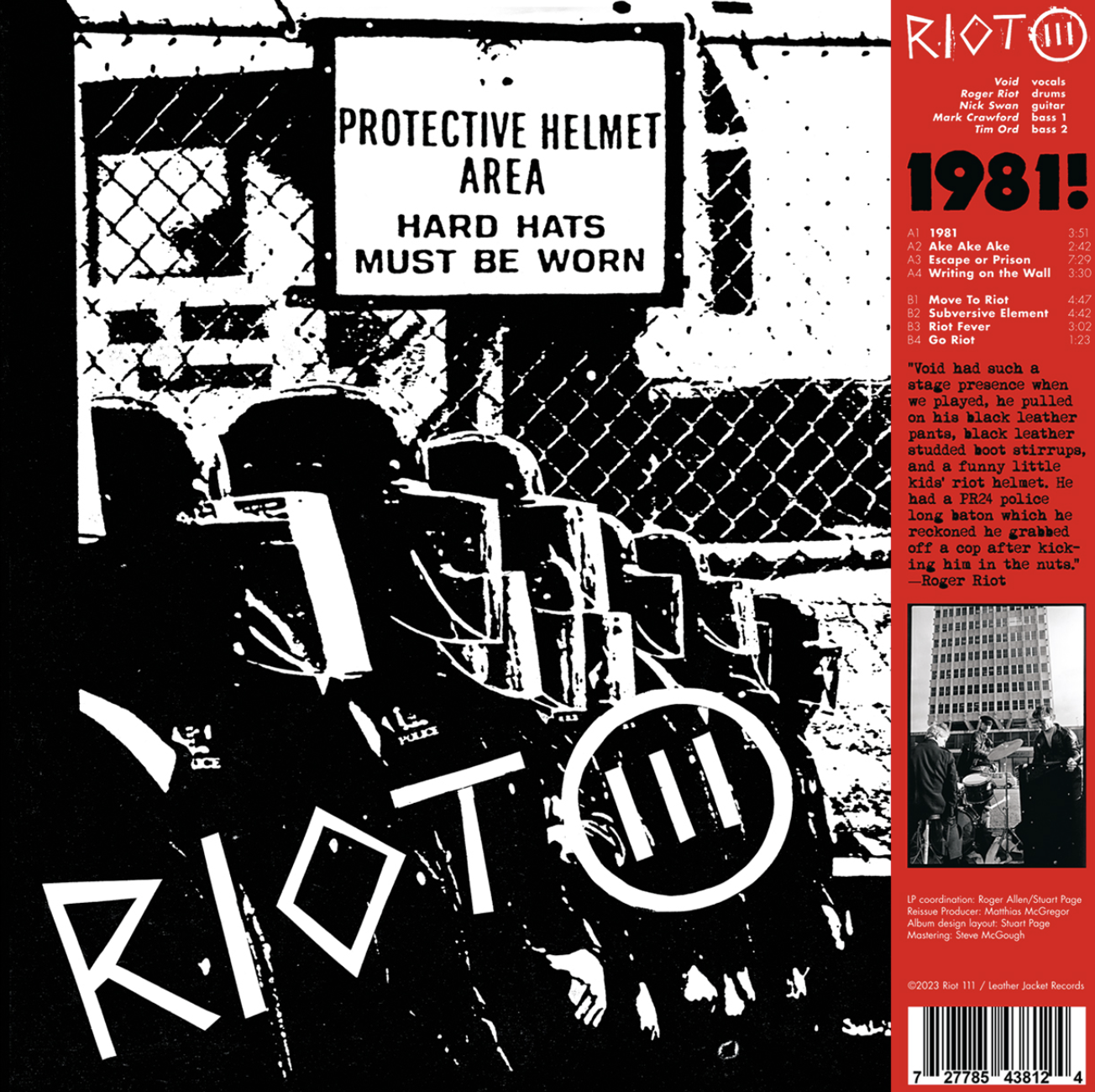 They caused mayhem on the rare occasions they played, Riot by name and riots by consequence.
They caused mayhem on the rare occasions they played, Riot by name and riots by consequence.
At AudioCulture there is an excellent article about how the band formed, their ethos, gigs and rapid implosion.
Most people didn't hear them of course.
Their music was rarely played outside of a few shows on student radio and there were very few reviews of their 1981! single, a notable one being Gordon Campbell in the Listener. That might have been as big a national profile as they achieved.
But that takes nothing away from the sheer incendiary power of the 1981! single which I would play on Radio Pacific on Saturday nights along with Peter Gabriel's Biko.
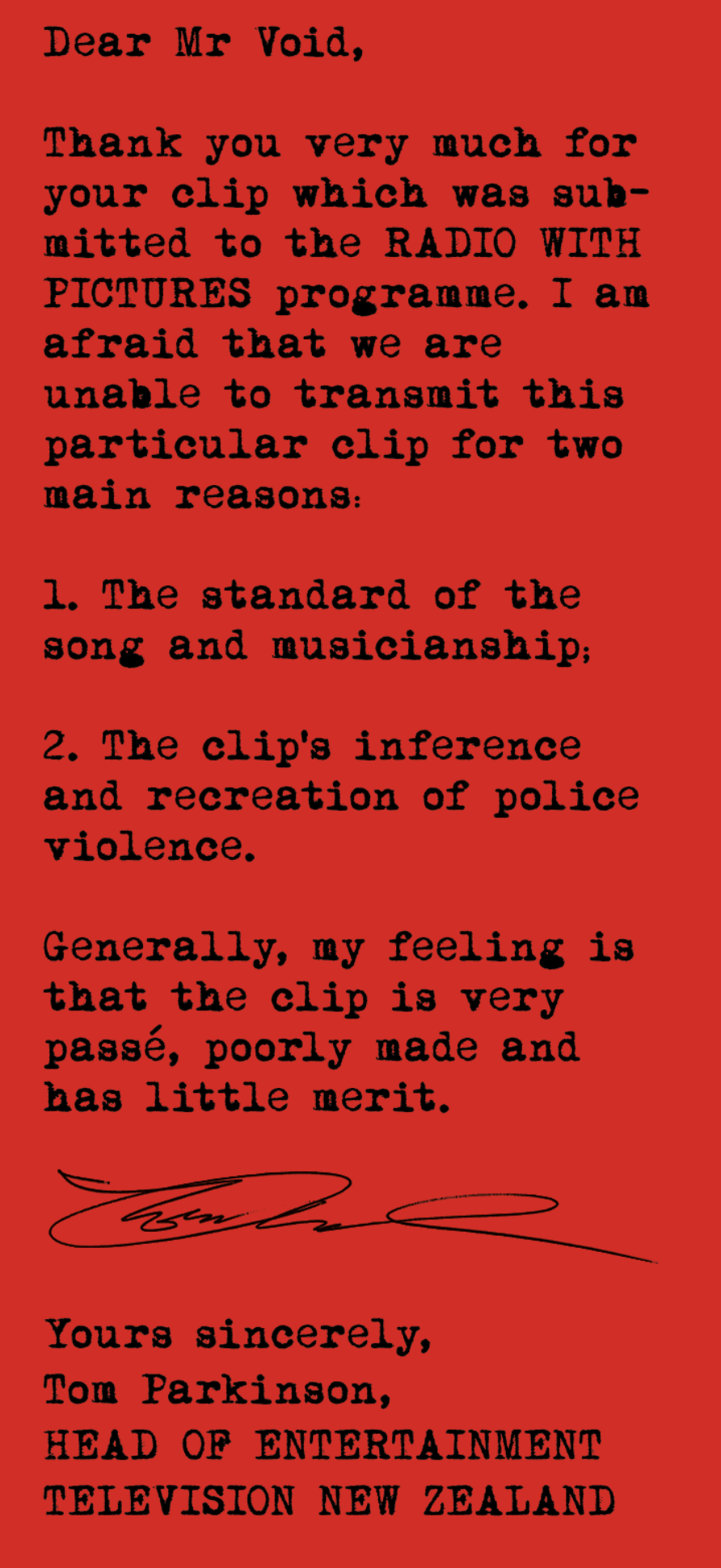 The song absolutely bewildered and sometimes terrified my university students in recent years who knew astonishingly little of the Springbok tour.
The song absolutely bewildered and sometimes terrified my university students in recent years who knew astonishingly little of the Springbok tour.
Given the clamour of voices out there now – and we might guess the tempo of that will increase and we'll see even more street marches – it is timely that a collection of Riot 111 songs, have appeared as an album, remastered by Steve McGough at Stebbings Studio from the original tapes recently discovered by the band's drummer Roger Riot and released through Christchurch Ōtautahi's Leather Jacket Records.
In a cover by Stuart Page which captures the whole anarcho-punk collage style of the period, Riot 111 is an explosive collection which opens with the fury of 1981!
The album is the sound of its era: titles are Ake Ake Ake, Escape or Prison, Writing on the Wall, Move to Riot, Subversive Element, Riot Fever and Go Riot (the latter a tidy 90 seconds which hasn't aged well in its broad portrayal of Muldoon and rugger boofheads).
Riot 111 opened for The Fall on their New Zealand tour and for many coming to them cold that might be a reference point.
Void's vocals are strident and shouty as you'd expect but holding it all down is the churning, repetitive and almost tribal drumming of Roger Riot, the brittle and minimal guitar of Nick Swan and metronomic bass (Mark Crawford or Tim Ord).
Escape or Prison isn't among their finer moments: they were a band of explosive moments and these seven and a half minutes outstay their welcome and the cynical forced laughter sounds . . . well, forced.
The impressive spoken word (hmmm, shouted words) Writing on the Wall is a call for people to wake up to the injustices and oppression around them: “You're all waiting for 1984 but we all know it's here”.
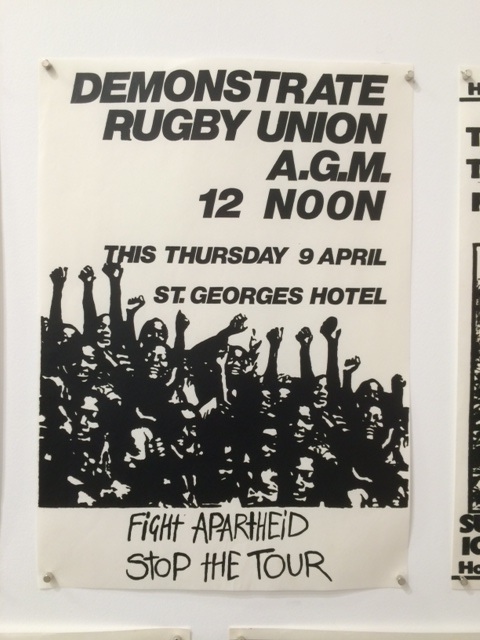 Move to Riot was their second biggest song of the era, more a piece of theatre on vinyl, and Subversive Element might have been as close as they came to a post-punk song with terrific fist-tight guitar work by Swan.
Move to Riot was their second biggest song of the era, more a piece of theatre on vinyl, and Subversive Element might have been as close as they came to a post-punk song with terrific fist-tight guitar work by Swan.
Suitably Riot Fever is recorded live and has a thick and muddy sound and approach.
Riot 111 were not this country's first political band – that acknowledgement still goes to Herbs – but they articulated the anger, frustration and violence of that remarkable year.
It is good – and, as we say, perhaps timely – to hear them again.
And their track 1981! is as essential now as it was then.
.
You can hear and buy this album at bandcamp here where it is also available on limited edition vinyl.
.

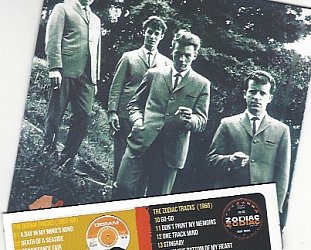
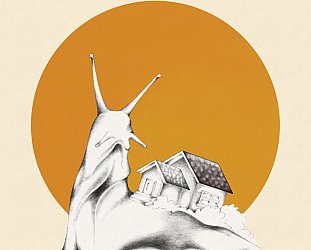

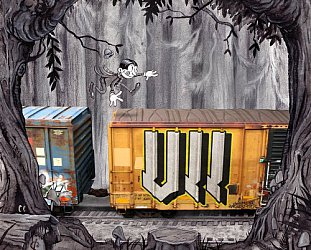
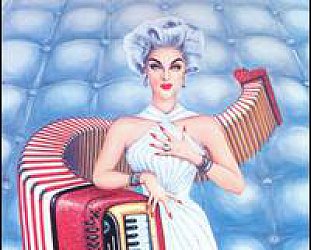
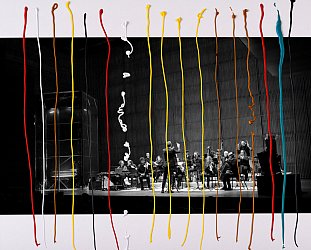
post a comment